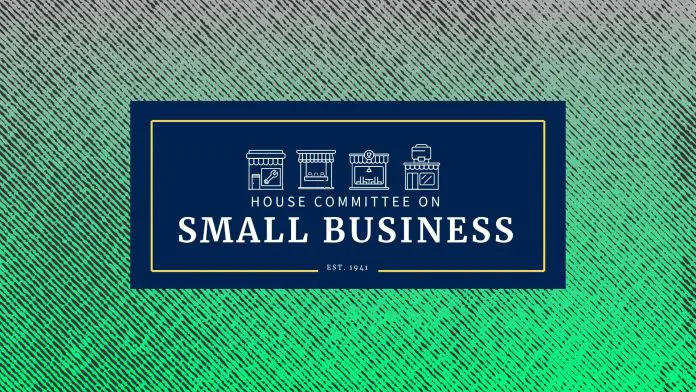Congressman Roger Williams (R-TX) and Senator Joni Ernst (R-IA) are leading a crucial legislative initiative that addresses a pressing issue for small business owners — pandemic-related fraud. Today, they unveiled the SBA Fraud Enforcement Extension Act, a bill aimed at confronting the approximately 2 million suspect applications for pandemic aid that have come under scrutiny in recent government assessments. With the intention of safeguarding legitimate small businesses, this proposed legislation could have far-reaching implications for the industry.
The bill seeks to extend the statute of limitations for fraud related to two significant pandemic relief programs: the Shuttered Venue Operators Grant (SVOG) and the Restaurant Revitalization Fund, introducing a ten-year window for prosecuting fraudulent activities. This extension aims to hold accountable those who exploited the relief programs, preventing resources from reaching the struggling businesses that genuinely needed assistance.
Recent findings from the Government Accountability Office (GAO) highlighted substantial discrepancies in the implementation of fraud prevention processes at the Small Business Administration (SBA). The report revealed that almost two-thirds of high-risk referrals were not thoroughly investigated, due to inaccuracies in the information provided by the SBA. The critical nature of this issue has drawn the attention of lawmakers, prompting Williams and Ernst to act decisively.
"I will not allow criminals to run out the clock and escape justice simply because the Biden administration was asleep at the wheel," said Ernst, emphasizing the urgency behind the legislation. She noted that while many small businesses in her home state of Iowa did not receive crucial relief, "swindlers, gang members, and felons cashing in on COVID drained the programs."
The implications of fraudulent claims extend beyond individual businesses. Ernst referenced a situation in Iowa where over 1,800 restaurants were eligible for aid but ultimately did not receive it, raising concerns about how much funding was siphoned off by fraudulent applicants instead of aiding legitimate enterprises. Similarly, in Texas, despite significant amounts of federal aid keeping many restaurants afloat, others struggled as funds ran low before they could stabilize financially.
Williams reiterated the importance of accountability, stating, "It is imperative that every fraudster who stole and exploited taxpayer dollars during our nation’s utmost hour of need be prosecuted to the full extent of the law." He highlighted the necessity of extending the SBA’s ability to tackle fraud, especially as the nation marks five years since the onset of COVID-19 restrictions.
For small business owners, the SBA Fraud Enforcement Extension Act arrives at a critical juncture. The eagerness to enforce stronger penalties against fraudulent activities might offer more confidence to those seeking federal support, knowing that efforts are being made to ensure aid reaches intended recipients. As business owners continue to navigate the aftershocks of the pandemic, the legislative push to address fraud is seen as a step toward restoring trust in government-funded support systems.
Nevertheless, small business owners should remain aware of potential challenges that could arise from this legislative effort. Implementing a more rigorous fraud detection system may result in stricter scrutiny of applications. Increased oversight could lead to longer wait times for approval or a more complicated application process, particularly for businesses that were genuinely affected by the pandemic.
In comments provided to media, an SBA spokesperson acknowledged the need for improved fraud prevention measures. "The SBA fully supports all efforts to crack down on fraud within its loan programs – in stark contrast to the last administration, which failed to investigate or address more than $200 billion in estimated pandemic-era fraud," stated Caitlin O’Dea, indicating that the current administration is committed to rectifying earlier shortcomings.
As the SBA begins to enhance its fraud prevention capabilities, small business owners looking to access federal aid should stay informed about the evolving landscape of requirements and practices. By understanding the implications of the SBA Fraud Enforcement Extension Act, they can better navigate the funding options available to them and advocate for the integrity of the assistance programs designed to support their recovery.
The full details of the bill can be accessed through the original press release here.
Image Via BizSugar



